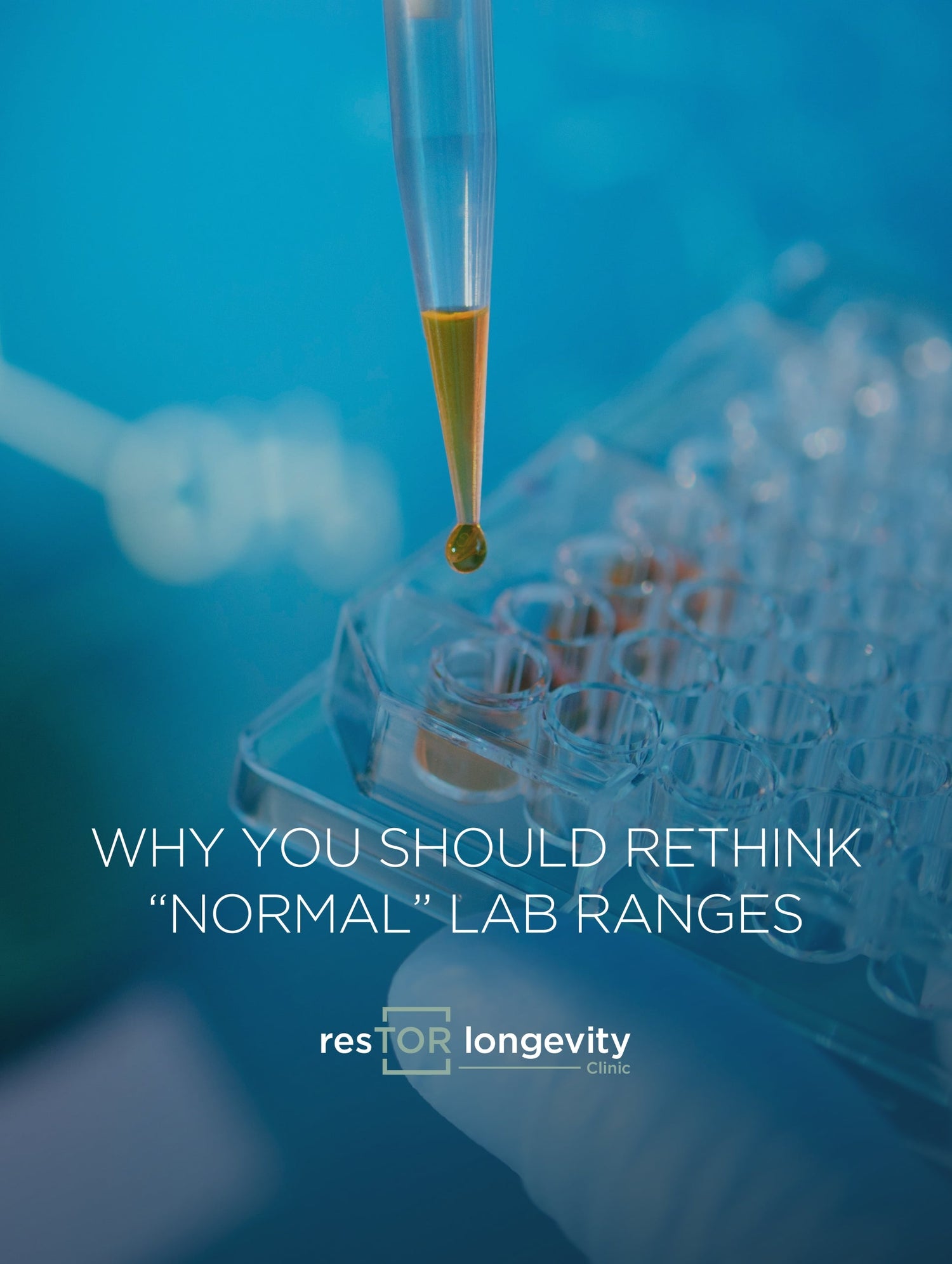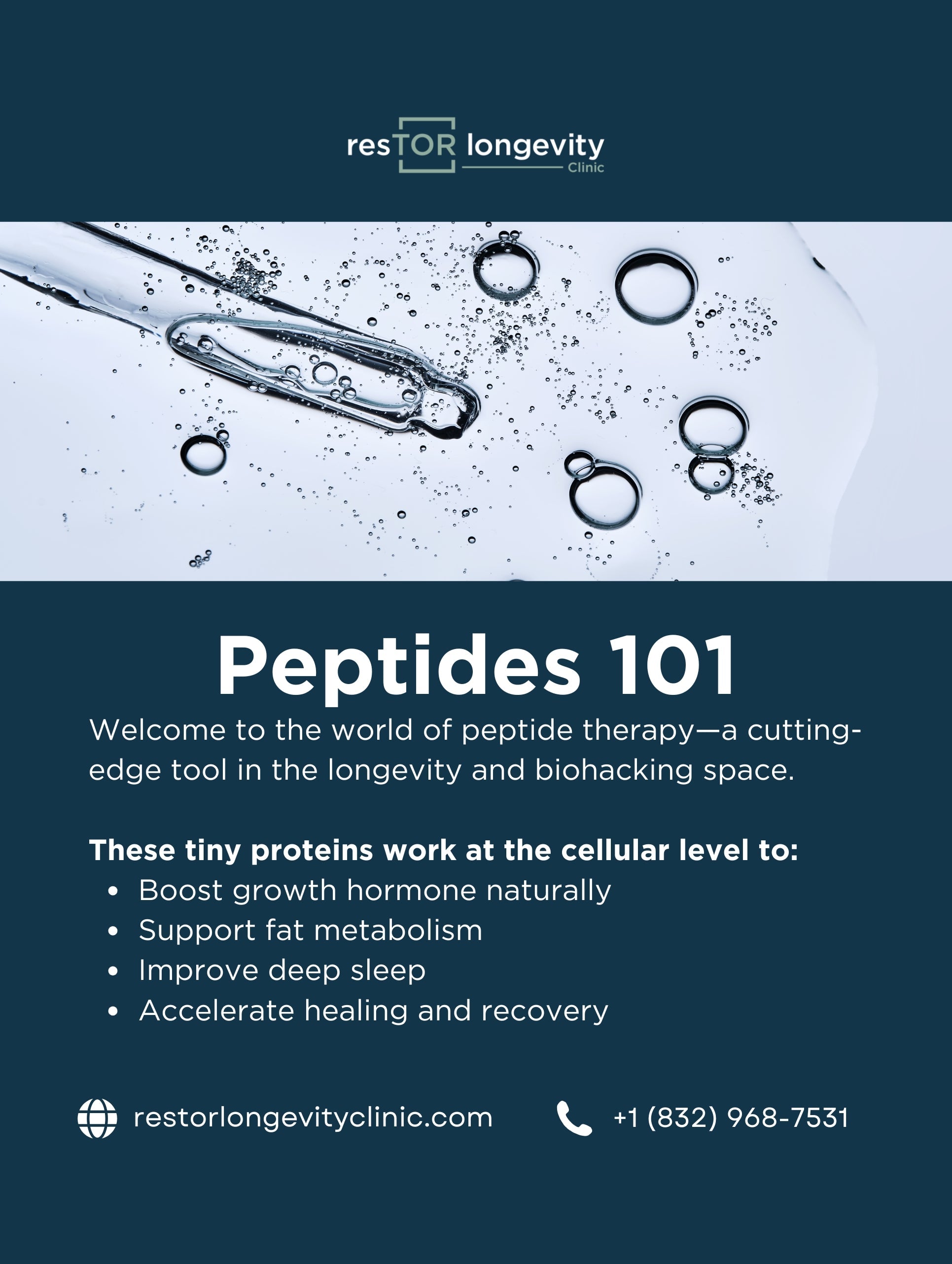Did you know that lab tests can often leave you feeling confused even when the results indicate a normal range? Many people are performing their annual check-ups, only to discover that their levels fall within what is deemed ‘normal’ but doesn’t reflect their actual wellness or how they genuinely feel. This article dives into why it’s essential to rethink what ‘normal’ means when it comes to lab ranges and how advanced biomarker testing can provide a clearer, more comprehensive picture of your health. In this exploration, we'll cover the limitations of traditional lab tests, the importance of optimal functions over average measures, and how to harness this knowledge for better health outcomes. Are you ready to take control of your health? Let’s jump in!
Understanding Traditional Lab Ranges and Their Limitations
The concept of normal lab ranges often leads to a false sense of security. It’s essential to understand that these ranges are derived from a broad population, and they often don’t account for individual variations in lifestyle, environment, genetics, or health history.
Why Normal Isn’t Always Thriving
When you receive your lab results, they usually come with a blaring message stating ‘normal’ or ‘abnormal.’ On the surface, seeing the word ‘normal’ can be reassuring—after all, who doesn’t want to fit the mold? But below this semblance of comfort lies a more complex reality. Just because your results don’t indicate an immediate health concern doesn’t mean that you’re thriving or even healthy—instead, it simply means you are not falling far enough outside the average to be categorized as sick.
Laboratory tests often miss the nuances of optimal health, leading patients to overlook existing symptoms like fatigue, brain fog, weight gain, or poor sleep—issues that can exist even when the corresponding lab results are normal. It's also important to recognize individual variability; what is normal for one person may not be ideal for another.
The Flaws of Average Ranges
Lab ranges are designed to identify disease and dysfunction. They typically focus on the 95% confidence interval—meaning that 95 out of 100 individuals fall within this range. The remaining 5% may be considered outside of normal but can encompass a wide variety of health issues. Here’s why this is problematic:
- Inflexibility: Normal ranges don’t adapt to various life stages such as pregnancy, aging, or fitness.
- Limited Biomarkers: Basic blood tests may not capture key functional markers that significantly influence your health.
- Ignores Health Potential: The goal of health ought to be more than a mere absence of illness; it should also encompass optimal functioning of body systems.
Understanding Lab Tests and Their Applications
To combat the restricted view of lab tests as merely disease identifiers, let’s take a closer look at some common tests and their implications. These could include tests for hormones, metabolic conditions, and more:
- Blood Sugar Tests: While measuring glucose levels can adequately determine diabetes risk, it often overlooks insulin sensitivity, a key indicator of metabolic health.
- Thyroid Function Tests: Standard tests may fail to identify subclinical hypothyroidism—where hormone levels appear in the normal range, but you may still experience symptoms like fatigue and weight gain.
- Lipid Panels: Though they assess cholesterol levels, they don’t equally account for particle size and quality, crucial aspects influencing cardiovascular risk.
The Case for Advanced Biomarker Testing
Advanced biomarker testing is essential to look deeper beneath the surface of normal lab values. This powerful approach focuses on assessing individual health and well-being rather than simply identifying disease. Let’s explore some of the benefits.
1. A Comprehensive View of Health
Unlike traditional lab tests, advanced biomarker testing allows for a nuanced analysis of how your body is truly functioning. Rather than taking a one-size-fits-all approach, these tests can reveal deficiencies, imbalances, and even genetic predispositions that contribute to disease.
2. Better Predictive Measures
Advanced testing can help predict potential health issues before they develop into significant concerns. For example, comprehensive hormone panels can reveal hormonal imbalances that lead to fatigue, poor sleep, and even weight gain long before they represent as diseases.
3. Customized Health Strategies
With data from advanced biomarkers, healthcare practitioners are equipped to create tailored wellness plans that focus on your specific health pillars—nutrition, exercise, mental health, and sleep. Insights derived from your tests determine optimal interventions to improve your health outcomes.
How to Optimize Your Health Using Biomarker Testing
So, how do you get started on your journey toward optimal health? Here are actionable steps that can help you rethink “normal” lab values and take your health into your own hands:
Step 1: Get Educated
Education is your first step. Do some research into what specific tests might be beneficial for you based on your age, gender, and health concerns you may have.
Step 2: Consult with an Expert
Find a health professional who understands advanced biomarker testing. It’s crucial that your practitioner can interpret results in the context of your health history and lifestyle.
Step 3: Take Action
Not just all lip service! Act on the advice given below. If your biomarker tests indicate specific deficiencies or imbalances, work with your health practitioner to design a plan that addresses them—this could include changes to diet, exercise, supplementation, or stress management.
Step 4: Keep Monitoring
Track your health progress. Follow-up tests are essential to review how interventions are working and determine whether adjustments are needed. Continual learning about your body's needs is vital in your health journey.
Transitioning to a Wellness Lifestyle
Shifting your mindset from ‘normal’ lab ranges to a perspective focused on optimizing your wellness can be transformational. You are not defined by averages but rather by your potential for thriving health. Make choices that reflect your commitment to well-being and wellness.
Conclusion: Beyond Normal
So where do we go from here? The journey to reclaiming our health often starts by understanding that the word ‘normal’ can mislead us into complacency. By embracing advanced biomarker testing, you’re not just sitting back and hoping for the best; you’re actively engaging in a health partnership that prioritizes your unique wellbeing. Recognizing that symptoms like fatigue, brain fog, and weight gain can occur within an ‘acceptable range pushes you to seek answers beyond the standard test results. Ask yourself: if ‘normal’ isn’t good enough for your health, what are you willing to do to thrive? Ready to take the first step towards optimal health? Book a consultation with us and explore how advanced biomarker testing can help transform your health journey!



